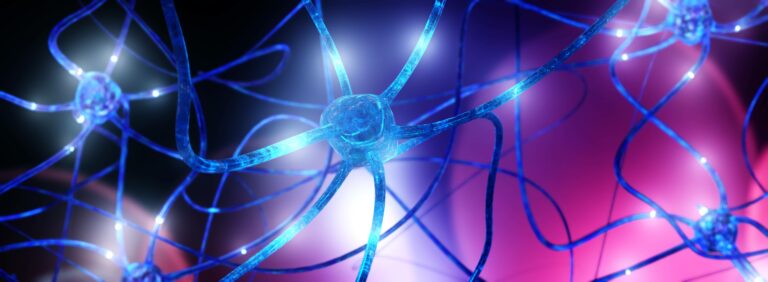Water is essential for our bodies to function properly. It helps regulate our body temperature, transport nutrients and oxygen, and flush out waste products. But did you know that water intake also plays a crucial role in our cognitive function?
Cognitive function refers to our mental abilities, such as thinking, learning, and memory. It is what allows us to process information, make decisions, and solve problems. It is an essential aspect of our daily lives, and without it, we would not be able to perform even the simplest tasks.
So, how does water intake affect our cognitive function?
To understand this, we must first understand the composition of the brain. Our brain is made up of about 73% water, making it one of the most water-dependent organs in our body. This means that even slight dehydration can have a significant impact on our cognitive function.
Dehydration occurs when the body loses more water than it takes in. This can happen due to various reasons such as excessive sweating, vomiting, diarrhea, or not drinking enough water. When we are dehydrated, our body goes into survival mode, and one of the first areas that are affected is our brain.
Studies have shown that even mild dehydration can have negative effects on cognitive performance. A study conducted by the University of Connecticut found that participants who were only 1% dehydrated had slower reaction times, increased fatigue, and difficulty in concentrating compared to those who were adequately hydrated.
Dehydration can also affect our mood and emotions. A study published in the Journal of Nutrition found that mild dehydration was associated with increased feelings of anger, confusion, and fatigue in both men and women.
Moreover, dehydration has been linked to decreased memory function. A study published in Frontiers in Human Neuroscience found that being dehydrated by just 2% can impair short-term memory in young adults.
So, how much water should we be drinking to maintain optimal cognitive function?
The general recommendation is to drink eight glasses of water per day, but this can vary depending on individual factors such as age, weight, and activity level. It is essential to listen to your body and drink water when you feel thirsty. Additionally, it is best to spread out your water intake throughout the day rather than drinking it all at once.
Aside from drinking water, we can also obtain hydration from other sources such as fruits, vegetables, and other beverages. However, it is important to note that not all beverages hydrate the body equally. For example, caffeinated and alcoholic drinks can actually cause dehydration due to their diuretic effect.
In addition to staying hydrated, there are other ways we can improve our cognitive function. Regular exercise, a balanced diet, and getting enough sleep are all crucial for optimal brain health. Additionally, staying mentally stimulated through activities like reading, puzzles, and learning new skills can also help keep our cognitive function sharp.
In conclusion, water intake plays a crucial role in maintaining optimal cognitive function. Dehydration can have negative effects on our reaction time, mood, and memory, making it essential to stay adequately hydrated throughout the day. By listening to our body’s thirst cues and incorporating other healthy habits into our daily routine, we can keep our minds sharp and functioning at their best. So, next time you reach for a glass of water, remember that you are not only hydrating your body but also fueling your brain.





